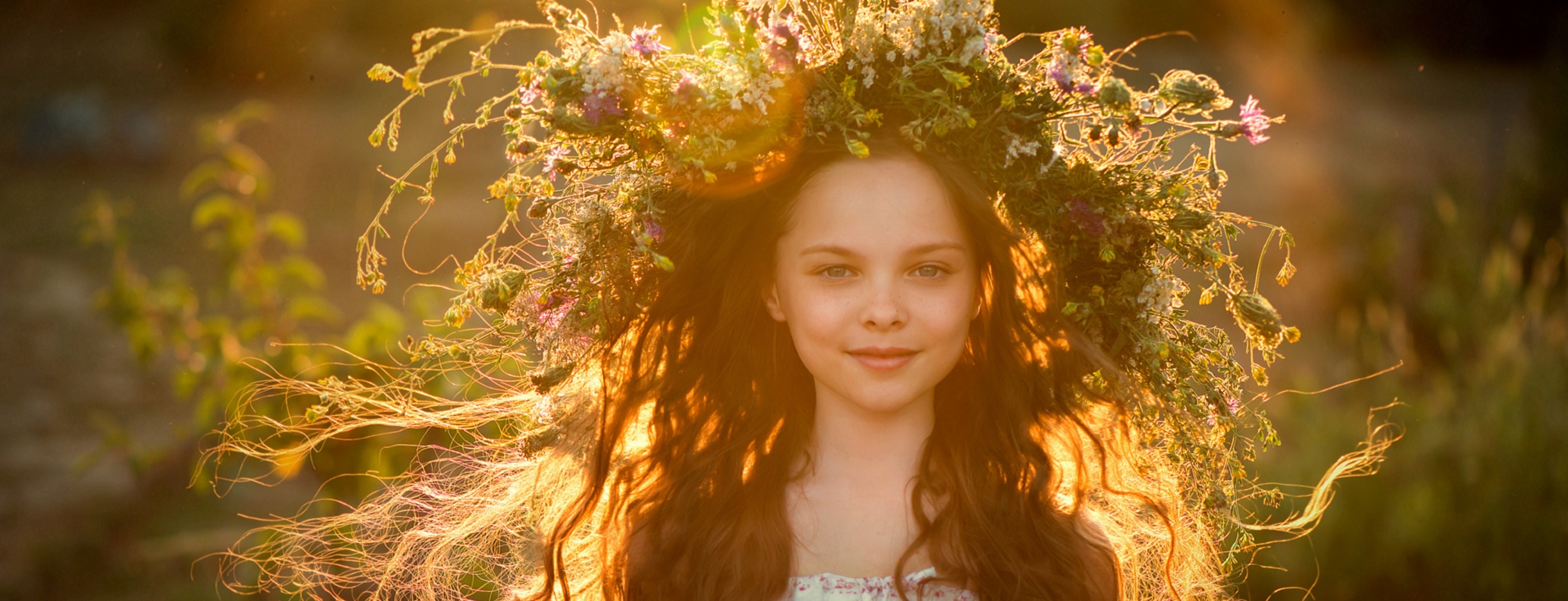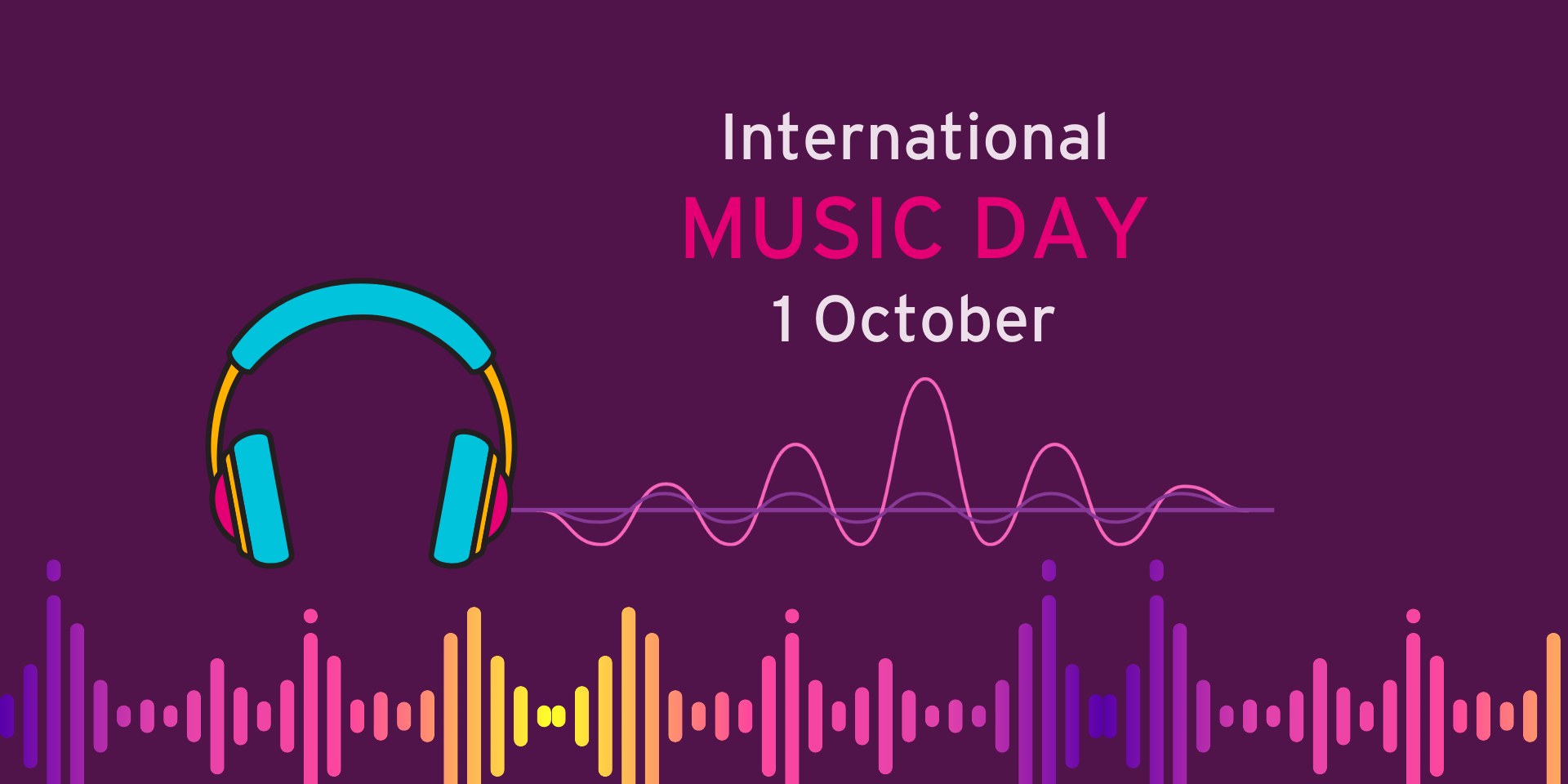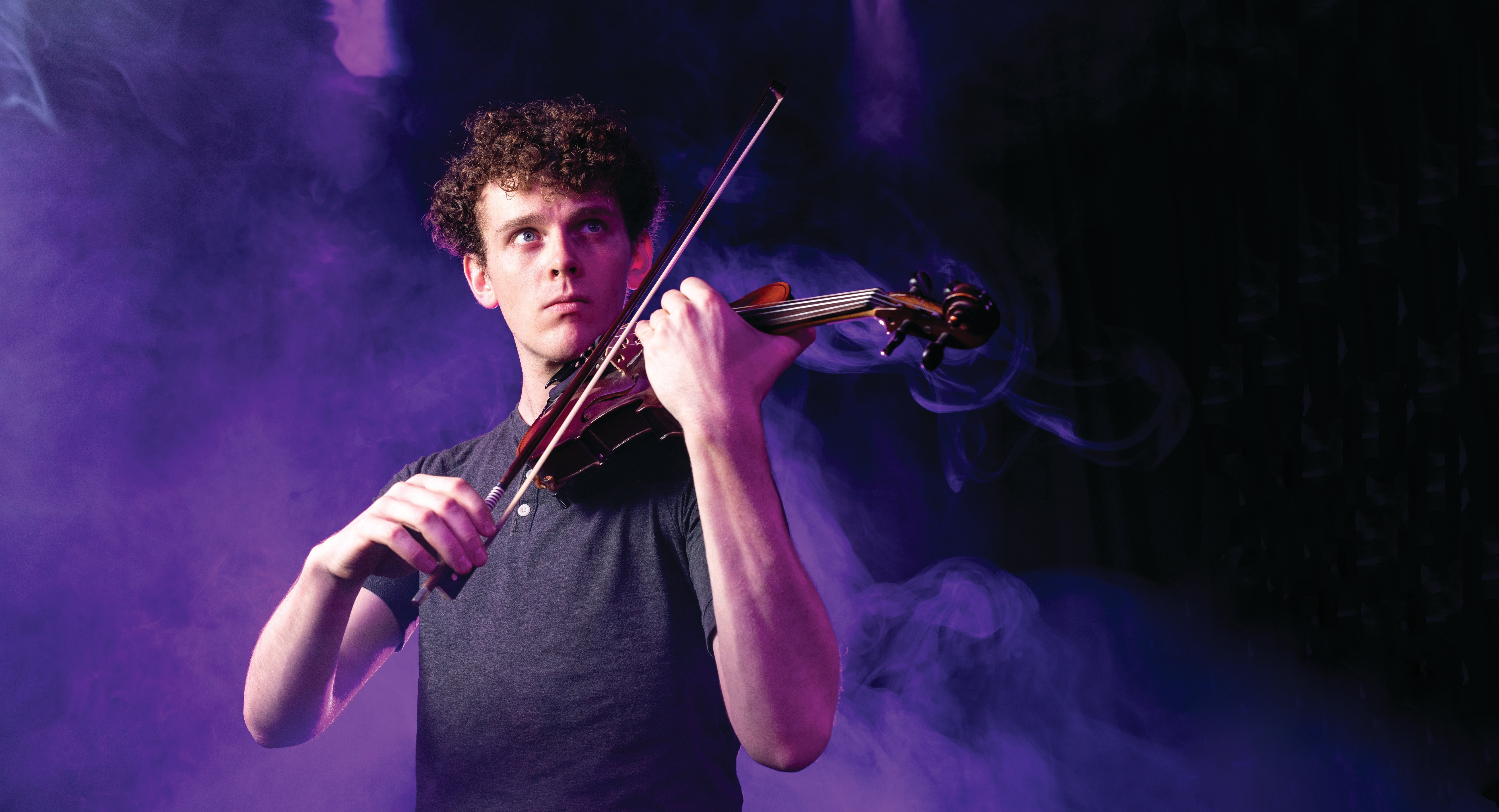
Incorporating fairies and folklore into Trinity College London Music & Drama exams
BY: Natalie Christopher
18 June 2025
To jointly celebrate Midsummer and International Fairy Day on 24 June, we’re looking at the various ways candidates can incorporate traditional tales and folklore into their Trinity College London Music and Drama exams.
From Puck to Peter Pan: plays, poetry and production
There are various ways drama candidates can incorporate aspects of traditional stories into their exams. Students taking one of our Acting exams could look to Shakespeare for initial inspiration, and not just A Midsummer Night’s Dream either - The Tempest and Macbeth also intertwine the mythical world with our own, providing him with a far broader range of plot devices. Alternatively, the UK’s tradition of pantomimes offers a wide range of options. Cinderella, Peter Pan, Sleeping Beauty all have fairies as main characters but there are some fantastic modern interpretations of these stories too! Through our In Production Drama exams, candidates can achieve a Trinity Drama qualification while taking on their part in a play, such as those named above.
Students working towards one of Trinity’s Speech and Drama exams have the option of performing a poem, or an extract from a poem, as one of their prepared pieces and there is a wealth of fairy verses to choose from. John Keats, Christina Rosetti, Edgar Allan Poe and Alfred Tennyson are just a few of the famous poets that have been inspired by the premise of fairies and goblins, some depicting romantic and sensuous dreams, others exploring the creatures’ potentially darker and more sinister nature. If preparing younger students, why not revisit the Cicely Mary Barker Flower Fairy books with their famous illustrations to spark their imaginations?
For more guidance on preparing your students to read poetry and prose in their Speech and Drama exam, check out our blog: Performing Poetry and Prose.
And of course, no fairytale production is complete without staging, costumes and makeup. Our Performance Arts qualifications enable candidates to combine their performance skills – from reciting poems or extracts from plays to dancing, singing to putting on a magic act – with contributory skills such as costume, set, make up and puppetry design.
For more information about incorporating contributory skills into Performance Arts exams, check out our blog: Exploring the Performance Arts Contributory Skills task.
Enchanted songs and magical melodies
Composers, just like poets and playwrights, have long been inspired by the idea of fairies and how mythical creatures might live alongside us. This is most prevalent in Trinity’s Singing repertoire lists . At a mere glance you’ll be able to see they include songs such as Thumbelina by Loesser at Initial Grade; When You Wish Upon a Star from Disney’s Pinocchio and Rowley’s The Fairy Weavers at Grade 2; traditional folk song, Fairy Lullaby, at Grade 3; Rest, Sweet Nymphs by Pilkington at Grade 5; Beach’s Fairy Lullaby and Stanford’s The Fairy Lough at Grade 7; and Be Kind and Courteous from Britten’s A Midsummer Night’s Dream at Grade 8. Furthermore, candidates can also choose to perform an unaccompanied folk song for the Technical Work section of their exam, if taking either a Face-to-face or Digital Technical pathway exam. At each grade there are two songs to choose from and all from The Language of Folk publications.
But it’s not just singers who can enjoy music depicting the fairy world – instrumentalists can too! I’m not only referring to arrangements Tchaikovsky’s Dance of the Sugar-Plum Fairies either, although this is available at Grade 3 for both oboe and recorder players. String players in particular can really indulge in some magical melodies with numerous pieces available for Scottish Traditional Fiddle and Harp, as well as My Fairy Swing by Murray & Tate at Initial Violin, and arrangements of Rondeau from Purcell’s The Fairy Queen at grades 2 and 3 for Viola and Cello respectively.
For all of our graded music exams, candidates are welcome to perform one of their own compositions in place of one of the pieces from the repertoire list from the exam they are taking. Parameters - such as duration and key features - of what is required is printed in the relevant instrumental syllabus, but candidates have free choice when it comes to the style of the piece. Why not encourage them to write a piece inspired by their favourite fairytale?
Have you got an idea for something you would like to see us feature on the Trinity Music & Drama blog? If so, you can submit your request here.
Related posts
BY: Natalie Christopher




Comments & Replies